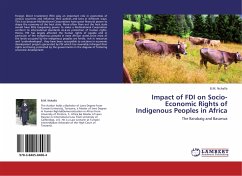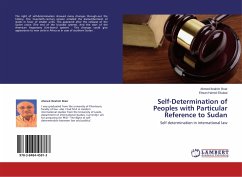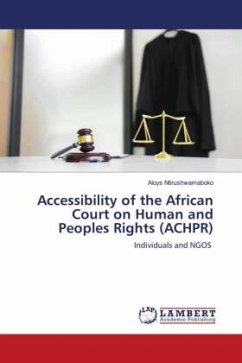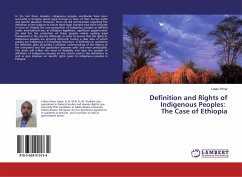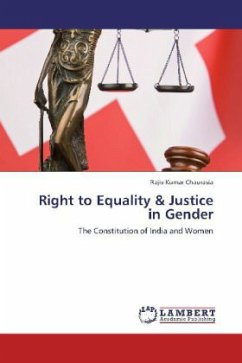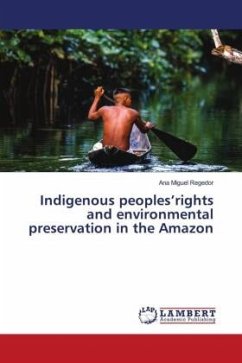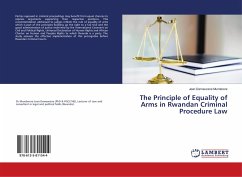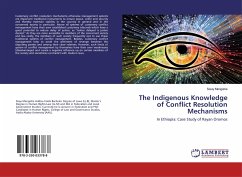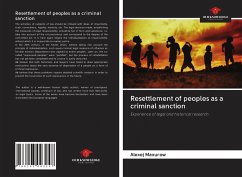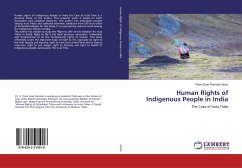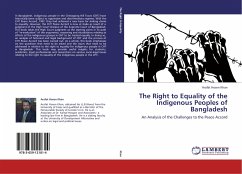
The Right to Equality of the Indigenous Peoples of Bangladesh
An Analysis of the Challenges to the Peace Accord
Versandkostenfrei!
Versandfertig in 6-10 Tagen
39,99 €
inkl. MwSt.

PAYBACK Punkte
20 °P sammeln!
In Bangladesh, indigenous people in the Chittagong Hill Tracts (CHT) have historically been subject to oppressive and discriminatory regimes. With the CHT Peace Accord, 1997, they had achieved a new basis for staking claims to equality. However, the CHT Peace Accord is now at stake as result of a judgment of the High Court Division of the Supreme Court of Bangladesh. This book takes the High Court judgment as the starting point in its path of re-evaluation of the arguments, reasoning and elucidations relating to efforts of the indigenous groups in CHT to be treated equally. In doing so, an ana...
In Bangladesh, indigenous people in the Chittagong Hill Tracts (CHT) have historically been subject to oppressive and discriminatory regimes. With the CHT Peace Accord, 1997, they had achieved a new basis for staking claims to equality. However, the CHT Peace Accord is now at stake as result of a judgment of the High Court Division of the Supreme Court of Bangladesh. This book takes the High Court judgment as the starting point in its path of re-evaluation of the arguments, reasoning and elucidations relating to efforts of the indigenous groups in CHT to be treated equally. In doing so, an analysis of historical and legal background of CHT and the process of CHT Peace Accord has been carried out. As a whole, this book emphasises on the questions that need to be asked and the issues that need to be addressed in relation to the right to equality for indigenous people in CHT in Bangladesh. This book may provide useful insights for students, academics, legal professionals and researchers on various socio-legal issues relating to the right to equality of the indigenous people in the CHT.



